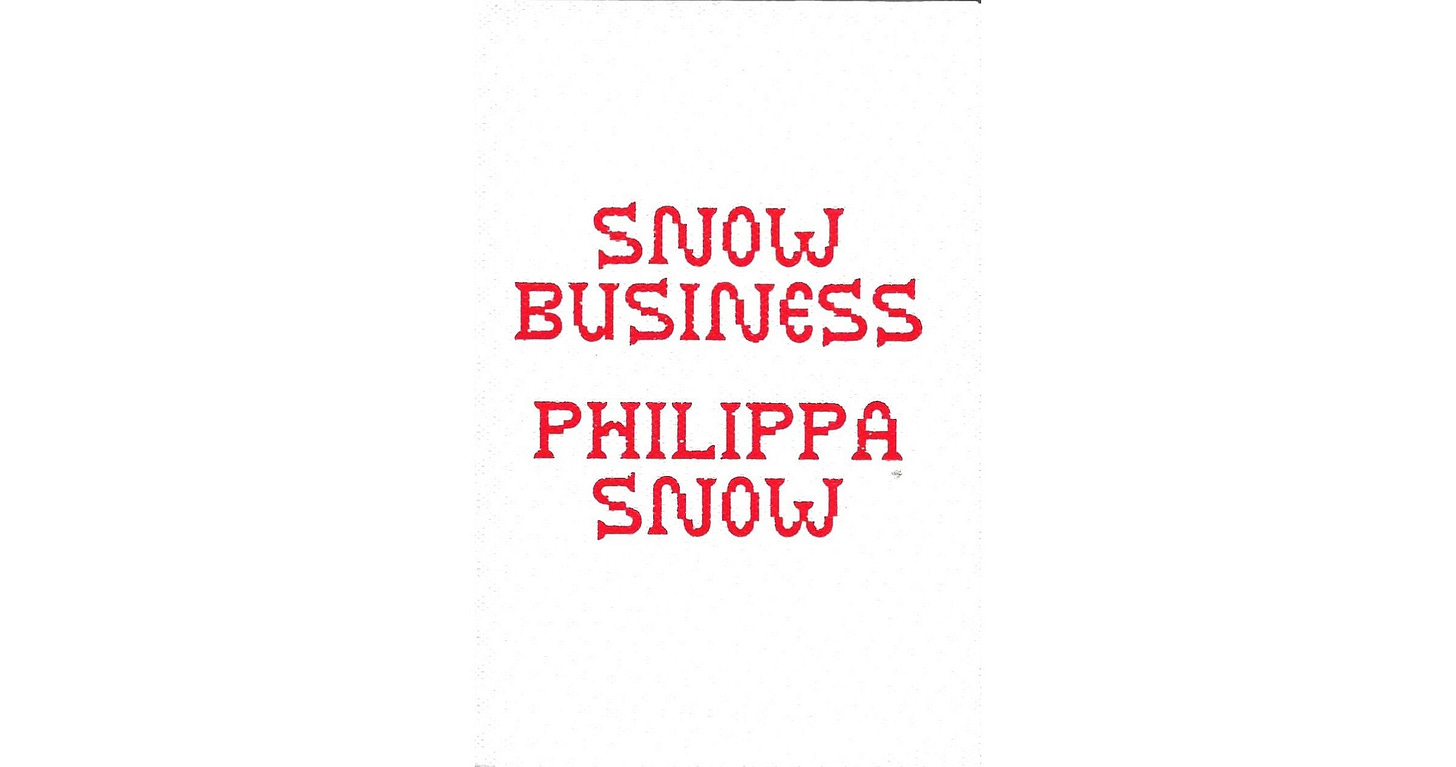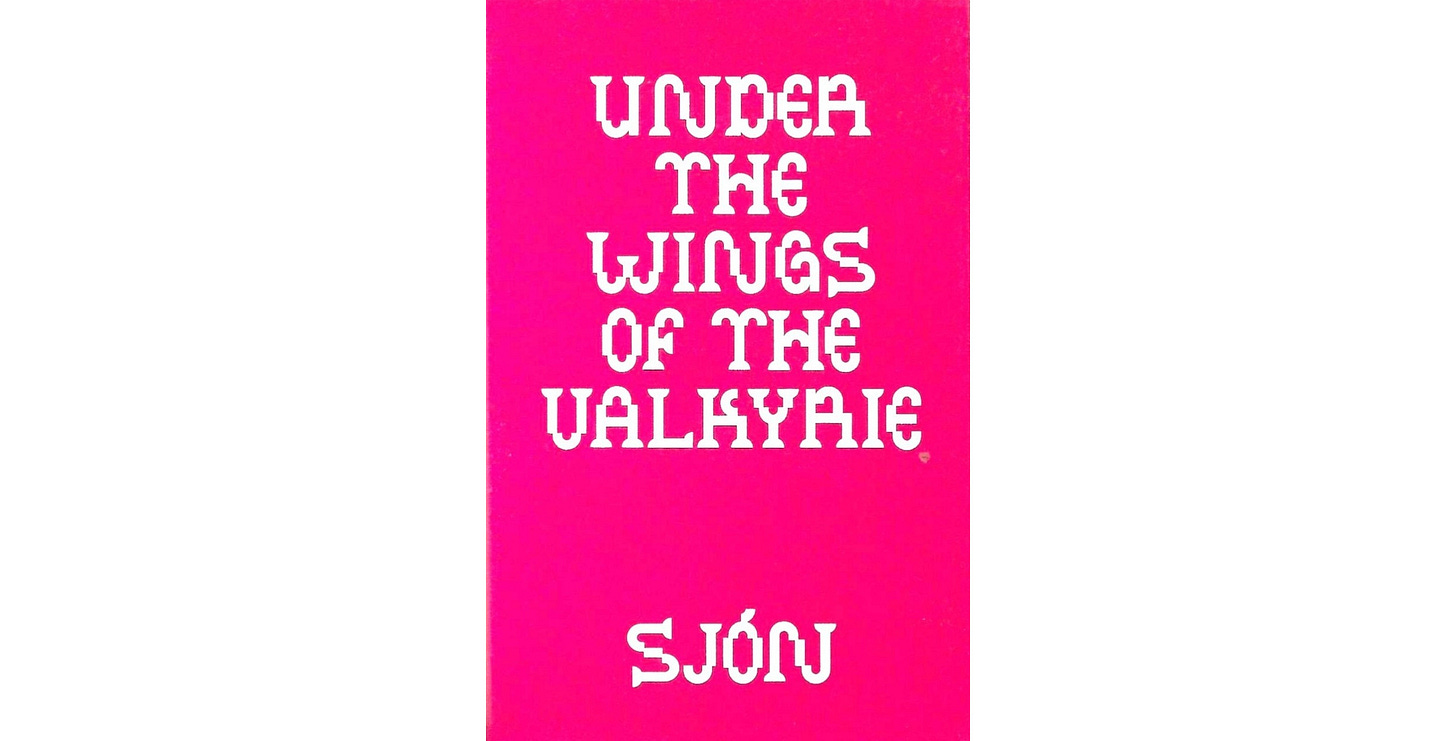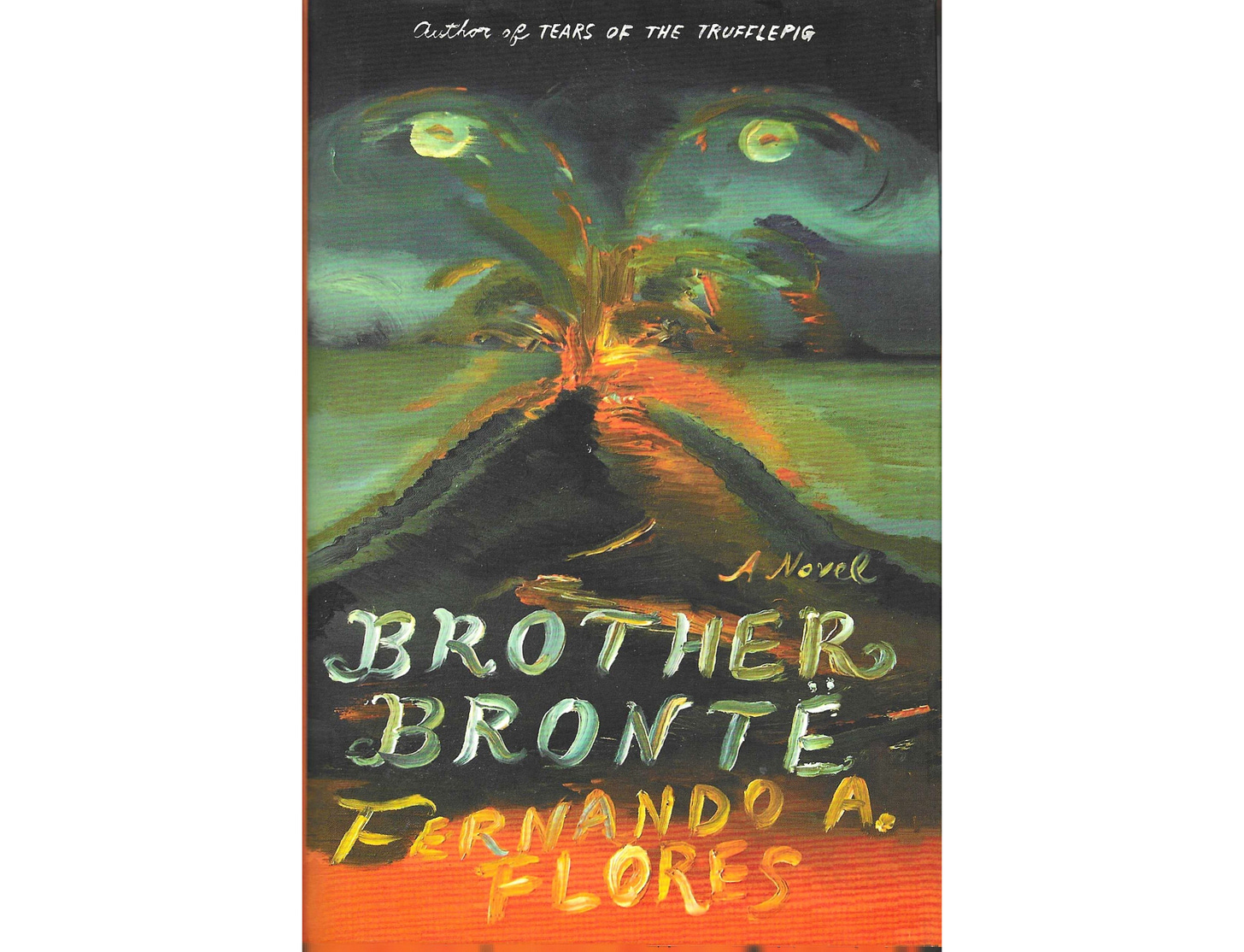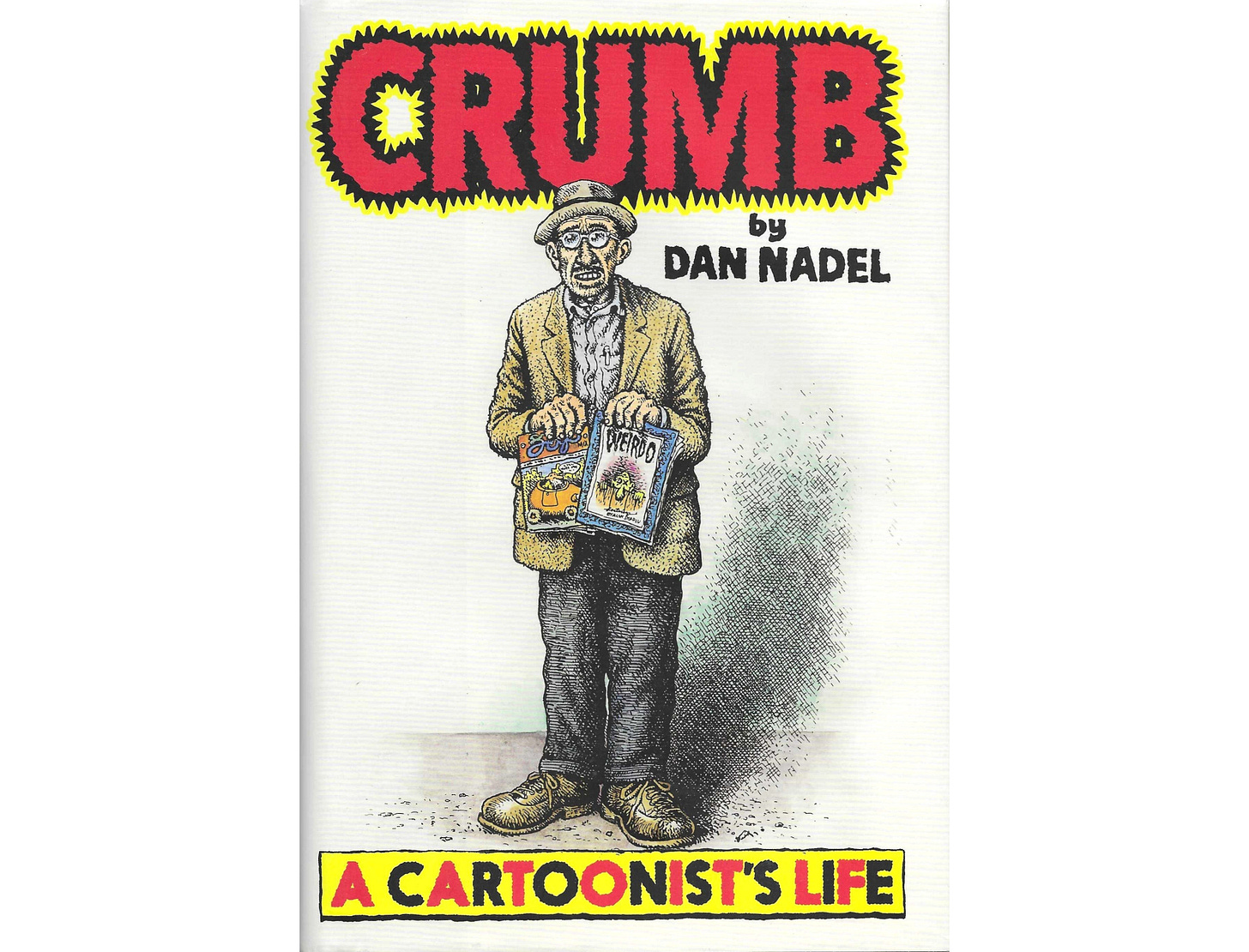As America descends rapidly into fascism, there are always books to read. Here are a few of the books I’ve read in the past couple of months.
I met Thao Votang over ten years ago when she and her partner, Brian Willey, had an art gallery in Austin called Tiny Park. After I met them, I kept them both in the back of my mind—they seemed like they were going places. I expected great things from Tiny Park—but alas, it closed in 2014. I was delighted to discover Votang’s first novel, Linh Ly is Doing Fine. In a way, it validates my early assessment of Votang, although I wasn’t expecting a literary achievement. Linh Ly is Doing Fine is set in the Dallas-Fort Worth metroplex. Linh Ly is a second generation Vietnamese-American woman who works for a college. Her parents are divorced, and Linh Ly is very much involved in her mother’s life—even going so far as to follow her mom as she goes on dates. Ly is a somewhat sarcastic, judgmental person; she reminds me a little of the character Diane from the Bojack Horseman show. Ly crosses paths with the Dallasite upper crust, even having an off-and-on dalliance with a preppie hottie named Chandler. Chandler is always going out of town on business, and while he is out of town, he leaves his car with Ly—which makes it easier for her to discreetly follow her mom on dates. Linh Ly is Doing Fine is a wry, entertaining novel.
Back in 2020, a pair of artistic friends started a subscription-based publishing company called Isolarri. Every couple of months or so, they publish a tiny cigarette-pack sized book. The founders specifically wanted to produce books about the size of an iPhone—which makes Isolarri seem a little like the so-called cargo cults after World War II; a low tech group paying a quasi-religious homage to high technology. In any case, Isolarri books are the perfect size to pop in your pocket and take on a walk to the park to read. I’ve subscribed for a while and having an Isolarri subscription is like having a subscription to The New Yorker. Isolarri books tend to pile up unread. Recently I decided to catch up on my sub and read a few of this big unread pile of tiny books.
The first is Snow Business by critic Philipps Snow. In its various essays, Snow discusses cultural objects that are full-fledged pieces of high art to people (like me); for example the first essay discusses the Teorema by Pier Paolo Pasolini, among other movies. But what makes these essays especially interesting is that Snow devotes most of her critical observations to pieces of culture considered to be contemptible trash to art snobs (like me). For instance, the Paris Hilton vehicle, The Simple Life, or Vanderpump Rules. “Plot-wise, Barbie is a hot-pink hero’s journey,” Snow writes of the 2023 feature-length toy commercial. It’s easy for me to look down my nose at these various lumpen entertainments, these reality shows and celebrity memoirs, but it does seem important for critics to engage with them. And Snow is an entertaining guide.
Under the Wings of the Valkyrie by Sjón is a short story about a man who becomes sexually obsessed with Gudrun Ensslin, one of the leaders of the Red Army Faction, better known as the Baader-Meinhof Group. After a brief career as a Communist terrorist in West Germany, Ensslin and her gang were imprisoned where they committed suicide in 1977. (There has always been a suspicion that these deaths could have been extra-judicial executions.) The story is a first person account of the narrator’s erotic obsession with the terrorist leader which lasts until Ensslin’s death and a bit of dangerous auto-surgery by the narrator (he gives himself a vasectomy). The book is illustrated with amusing collages.
The woman whose face is reproduced six times above is Gudrun Ensslin.
Sjón is the penname of Sigurjón B. Sigurðsson from Iceland. He is the founder of a Reykjavik surrealist group Medúsa. He is best known outside of Iceland for his frequent collaborations with Björk. These two very slight books from Isolarri should give you an idea of where their editorial concerns lay—contemporary intellectual thought with a hint of kink.
Brother Brontë is the fourth book I’ve read by its author, Fernando A. Flores. Flores is an Austin writer who grew up in that region of Texas known as the Valley. This novel is similar to an earlier Flores book, Tears of the Trufflepig in its setting and vibe. It is a weird and highly personal species of science fiction. Brother Brontë is set in the near future in a town called Three Rivers, Texas. We are in a dystopia, but we never really learn how in just 10 years from now everything declined so thoroughly. The town is run by a dictator name Pablo Henry Crick, who has forced most of the mothers in town to become a form of slave labor in his factory. In addition, he has outlawed reading in Three Rivers. The hero is a girl named Neftalí, who has a copy of a long-desired book called Brother Brontë. This is absurdist science fiction with a little Rio Grande Valley flavor.
Because I have closely followed the career of Robert Crumb since the early 1980s, reading many interviews with him and of course watching the excellent 1994 documentary Crumb by Terry Zwigoff, I didn’t expect to learn much from Dan Nadel’s new biography, also titled Crumb. Robert Crumb is still alive as are most of his contemporaries, so Nadel’s well of source material was quite deep. Although a biography of a living person, especially written with their cooperation, risks being a mere panegyric. But Nadel is too honest a critic for that.
This is an extremely rare case in which I have met both the subject of the biography and the biographer. I was an editor for Fantagraphics Books for several years during the 80s, during which time I compiled six Crumb books, five in the series The Complete Crumb Comics (Crumb has subsequently traded up for richer publishers, so all of the Crumb books I edited are out of print). I met him then when he travelled to Seattle to partcipate in the Misfit Lit exhibit at the Center for Contemporary Art.
As for Dan Nadel, I first became aware of him through his elaborate fine art inflected comics fanzine, the Ganzfield. Fanzines have been an important part of comics scholarship because there was no academic study of the art form. Fanzine authors were like the townies of scholarship, and felt looked down apon by university academics. Talking about the relationship of comics to the art world or even to the broader world of elite culture was regarded with a degree of reverse snobbism. In any case, the Ganzfield was the first fanzine I read that was eager to bridge that town/gown divide. He has subsequently been on the front line of trying to integrate the art of comics into the fine art sphere. Given Nadel’s background as a serious and accomplished comics scholar, he is a natural choice for such an ambitious artistic biography.
Although underground comics shattered the polite mask of American comic book culture, Nadel doesn’t shy away from the movement’s shortcomings (and because Crumb was such a driving force in the underground comics movement, he shares these shortcomings). “Underground cartoonists pumped out horror, crime, fantasy, humor, and science fiction comics alongside psychedelic meanderings, satire, and what would evolve into a mode of literary fiction, but all for adults, entirely without any restrictions, and artist owned. There was also a current, as in the rest of the counterculture, of gleeful adolescent misogyny.” For (male) comics fans of a certain age, the underground comics generation are held up as an olympian ideal—and Nadel is a member of that generation of scholarly fans. He even seeks to lessen the grossness of many underground comics by comparing them to other forms of misogynistic counterculture art. Just as disturbing as the sexism is the racism in Crumb’s drawing. Crumb’s friends Art Spiegelman and Bill Griffith both called him out on that. If black or female comics fans and artists don’t esteem Crumb, it’s not hard to guess why.
Where Nadel really uncovers stuff I didn’t know has to do with Crumb’s family. Anyone who saw the movie Crumb saw that his brother Charles was a heavily medicated mentally ill man (between the filming he did with R. Crumb and Zwigoff, he committed suicide—that uncomfortable shot of Crumb sitting on the couch with Charles was the last time that Crumb saw him alive), but his mother Beatrice Crumb was also mentally ill. We also get a view of Crumb’s chaotic life as a California commune dweller, and Crumb’s many love affairs.
These are some of the books I’ve read in May and June. I’ll be back with more in August.
Furthermore, I am of the opinion that Trump must go.
[Please consider supporting this publication by becoming a patron, and you can also support it by patronizing our online store. And one more way to support this work is to buy books through The Great God Pan is Dead’s bookstore. ]









